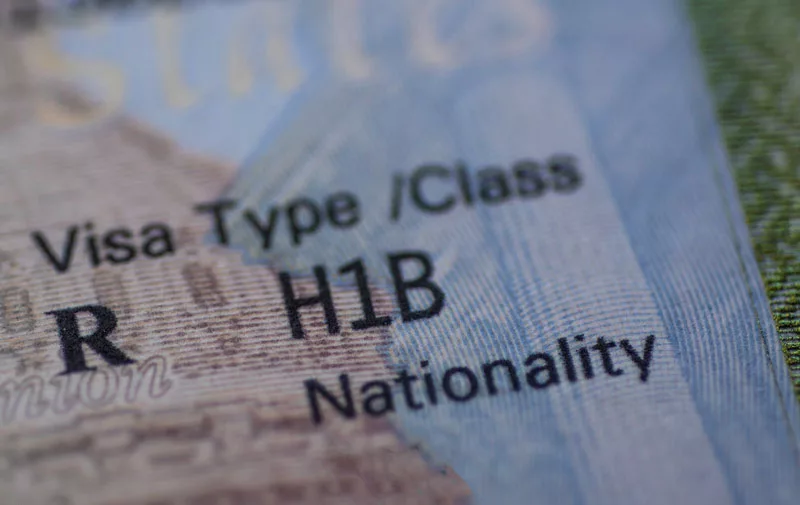Bridging Borders: Mastering International Business in a Diverse World
In the ever-evolving landscape of International Business, the COVID-19 pandemic has reshaped how we work, catapulting us into a realm where remote collaborations and cross-cultural teams are the norm. But with this new territory comes the challenge of cultural barriers—an obstacle not everyone can navigate.

Embracing Cultural Differences
It’s a scenario we’re all too familiar with: a virtual meeting room where languages and customs collide. Despite being common in today’s business world, the diversity among coworkers can create cultural barriers. Surprisingly, many professionals remain unaware of the impact these cultural differences have on their daily interactions.
Communication: The Heart of International Business
Cultural awareness isn’t just nice to have; it’s essential for managers who aim to engage with their teams and stakeholders effectively. The success of International Business hinges on our ability to guide diverse workforces through the complexities of cross-cultural communication.
Overcoming Invisible Barriers
The invisible walls of language, stereotypes, and non-verbal cues can make or break your enculturation efforts. How do we foster an environment of mutual understanding, respect, and credibility in such a diverse setting?
Best Practices for a Multicultural Firm
To thrive in a multicultural firm, embracing best practices for cross-cultural communication is crucial. This isn’t just academic talk; it’s practical advice for students, scholars, and managers dealing with the intricacies of international contexts.
The Human Element in Global Teams
Getting along with people in a multicultural environment requires more than just knowledge; it demands etiquette, mutual respect, and the ability to see beyond stereotypes. So, how can one cultivate these skills and ensure they’re part of their daily business repertoire?
Inclusive Communication in Modern Organizations
The importance of inclusive communication and constructive interactions cannot be overstated. Alongside cross-cultural training and design thinking, these elements are the pillars of a modern, forward-thinking organization.
FAQs
- How can managers improve communication in multicultural teams?
- What are the invisible barriers to effective International Business communication?
- Why is cultural awareness crucial in international settings?
Improving Communication in Multicultural Teams:
- Respect each team member’s culture and language, acknowledging the team’s diversity.
- Set clear guidelines for communication, such as email etiquette and meeting conduct, to ensure everyone is on the same page.
- Foster a culture of open communication where team members feel comfortable sharing their perspectives and challenges.
- Encourage empathy and the development of cultural awareness to build understanding and trust among team members.
Invisible Barriers to Effective International Business Communication:
- Cultural norms and etiquette can differ significantly, leading to misunderstandings or offense if not understood.
- Language differences can lead to misinterpretations or difficulties in expressing nuances.
- Non-verbal communication styles vary across cultures, affecting the interpretation of gestures, facial expressions, and body language.
- Different approaches to hierarchy and authority can impact decision-making processes and team dynamics.
Importance of Cultural Awareness in International Settings:
- Cultural awareness helps in understanding and respecting different communication styles and business practices.
- It enables managers and teams to adapt their strategies more effectively in diverse cultural contexts.
- Being culturally aware can prevent miscommunications and conflicts, fostering a more harmonious and productive work environment.
Conclusion
As we navigate the intricate world of International Business, the key to success lies in understanding and valuing our differences. By fostering open communication and respect, we can overcome cultural barriers and thrive in this diverse business landscape.
Are you ready to transform the way your international team communicates and collaborates?



















